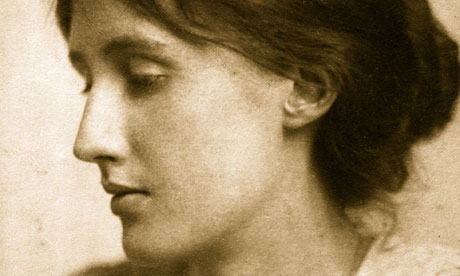This is a Jade’s blog
exclusive look at Book 2 in the Saltwater Secrets trilogy. Book 1,
Song of the Sea, is available in paperback and ebook now.

The waves were the color of steel, flat and dark against the frozen air. The sky was gray, too, and the salt smell was almost overpowering. A storm was brewing, a big one. I walked just to the edge of the beach and stopped to stare up at the sky.
“There you are. Finally.”
“Nix?” I knelt down to speak to the bobbing woman who had just surfaced. “I thought I saw you earlier.”
“You did.” Nixie heaved herself out of the water, swinging her tail around to flop it onto the sand. She was planning to stay for a long chat. When she was staying only briefly, Dylan’s sister stayed in the water.
She gathered her wet hair at her neck and draped it over one shoulder to keep it from dripping on her drying tail. “I saw all the excitement and decided to wait,” Nixie finished her thought.
We both looked out at the water while she flopped her tail against the sand, drying it so that her legs would appear. That way, I wouldn't look like a crazy person if someone saw me talking to her. It just wasn’t normal to sit on a beach at night and chat with someone hanging halfway in the ocean. It took me more than one visit to explain that to Nixie.
“Yeah,” I glanced over my shoulder at my house. It was still black against the night sky; for once, my dad wasn't in the kitchen. “I had a birthday party. Or, friends had it for me. Only I wasn't there a whole lot.”
“I noticed,” Nixie answered. “Here.”
“What's this?” I picked up the package she had tossed into my lap. It was a small, leather pouch with a rope of seaweed holding it closed.
“For your birthday.”
I smiled at her, but she was still staring at the water. “That was nice of you to remember. I know that merfolk don’t really have birthdays.”
She shrugged. “Humans do, though. Open it up.”
It took me a few minutes to unknot the seaweed, and once the pouch was open I saw an object wrapped in more seaweed. Nixie stayed silent while I grunted my way through the present. She was like that. She could sit and be quiet and still.
I’m not like that. I fidget and talk and grunt, and I was making noise while I pulled the ropy sea plants away. Once I finally exposed the object, I still had no idea what it was. “It's lovely.”
Now Nix did look at me, and she was smirking. “It isn't meant to be lovely.”
“Then what’s it meant to be?” I looked up at her. It was a mistake. I tried to avoid looking directly at Nixie’s face whenever possible. I looked at the necklace she always wore, or her dark blonde hair. Looking at her eyes was a mistake. They were too similar to Dylan’s dizzying blue-green eyes. Too often, I caught myself looking at Nixie and wishing I was looking at him instead.
“It’s a lodestone. A natural magnet.”
“Oh.” I picked up the rock and rolled it between my fingers. “It looks like a shiny piece of coal.”
“It’s not. It can even be used as a compass.” Her tail was dry now. It had split into two long legs.
“And where will it lead me?”
“Where you belong.” Nixie didn’t look at me when she answered, and that was for the best. We were both looking out at the waves.
“This rock knows where I belong?”
“Sure. Don't you?”
“No,” I answered honestly.
“That's why I gave it to you.”
Look for Book 2 in the Saltwater Secrets trilogy this September!
































































